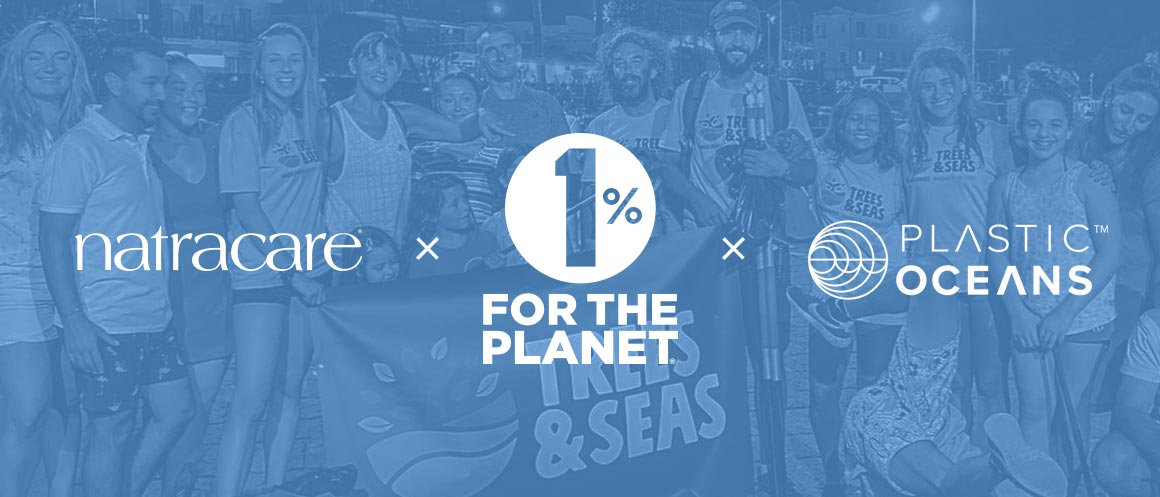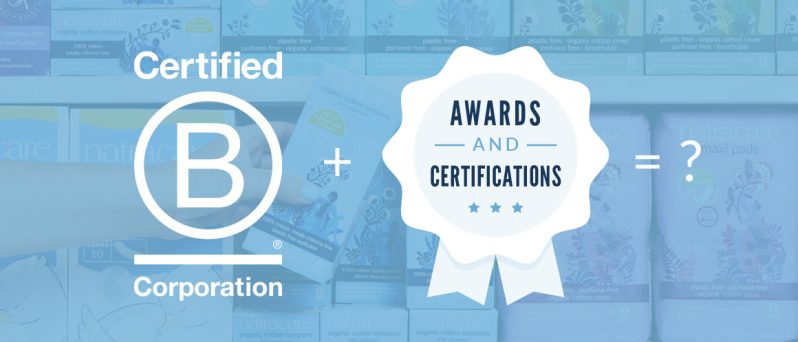At Natracare, protecting the environment is at the core of everything we do. The planet, this ecosystem – whether that’s the land, rivers, or ocean – is our home. We feel it is our duty to support efforts to protect and clean our habitats – especially when we know that 4.8 pieces of menstrual waste are found per 100 metres of beach cleaned. This is precisely why we decided to team up again with Plastic Oceans, this time for their Trees and Seas event.
More About Plastic Oceans
Plastic Oceans is dedicated to ending plastic pollution and supporting local communities in the process. Even though they are US-based, their activism extends far beyond. Fulfilling their mission of changing consumer, corporate and policymaker behaviours around plastic usage means doing work around the world too.
As their name suggests, Plastic Oceans has previously focused on addressing the issue of plastic pollution in our seas. Whether it’s through projects like installing water fountains at school to minimise the use of plastic bottles or organising beach clean-ups to protect a critically endangered species.
Plastic Oceans is currently on a mission to build a bridge between ocean and forest conservation, to help emphasize that we are all part of one planet, one ecosystem, and one global community. This is exactly why Plastic Oceans and the environmental consultancy, ÜÑÑÜ, worked together to create the Trees & Seas Festival.
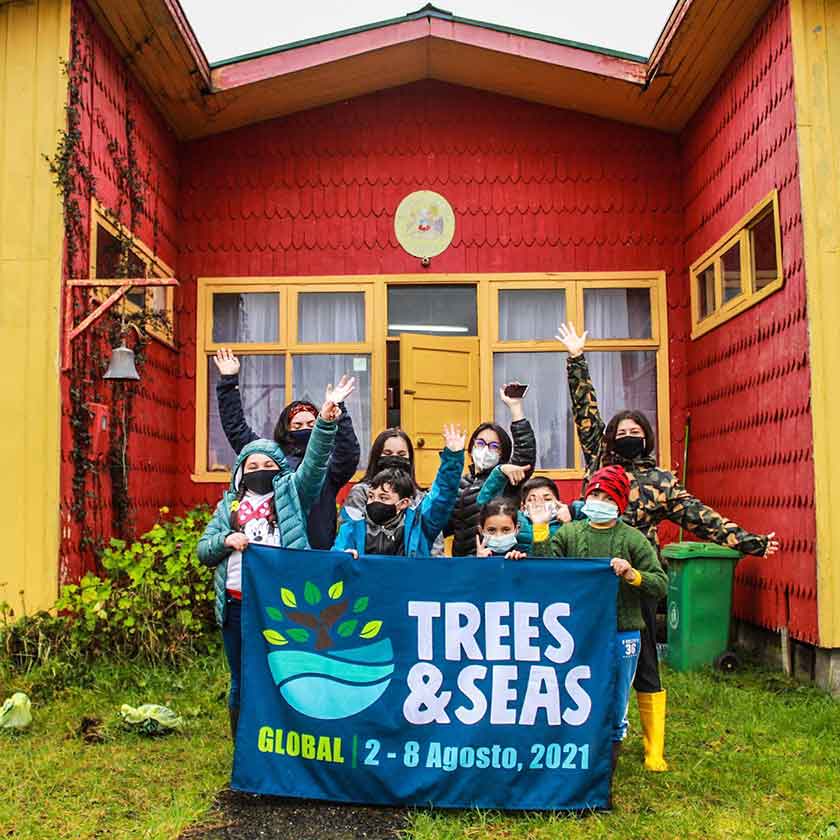
What is the Trees & Seas Festival?
The Trees & Seas Festival is a global event that took place from August 2nd to 8th, 2021. The festival’s mission was to unite forest and ocean conservation under one event. Through a combination of conservation, education, art, film, music, and panel discussions, it engaged participants at over 100 events across 32 locations worldwide.
The festival was a huge success. Globally, over:
- 20,000 trees were planted
- 2,700,000 square metres of land and sea were cleaned
- 7,000 kilograms of waste collected
- 20,000 participants got involved
The connection of these communities around the world was essential to the festival, ensuring that building our one planet, our one ecosystem, and our one global community is intersectional and involves everyone. It calls for us all to unite in our efforts to foster a healthier planet for all.
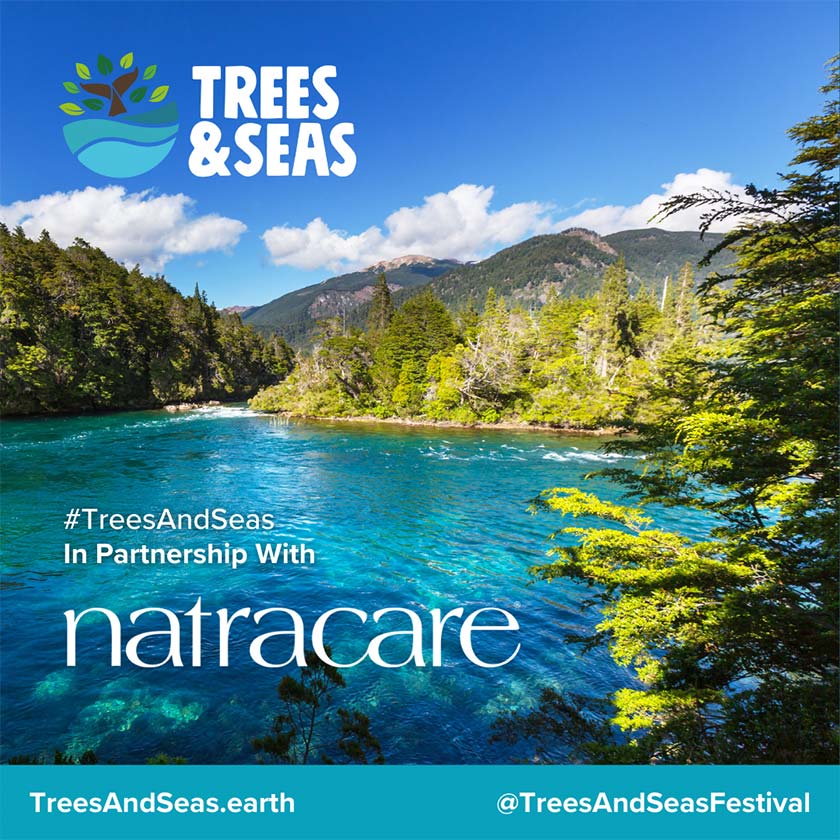
What happened on Chiloé island?
Plastic pollution doesn’t just affect the area where it’s initially dumpedmean that pollution is ever moving, whether it’s shifted onto the responsibility of another country or sinking
Chiloé is deeply affected by plastic pollution that washes up on its shores. The largest island of the Chiloé Archipelago off the west coast of Chile has also been impacted by climate change and the permanent loss of its forests. This is exactly why focusing on ocean and forest conservation was particularly relevant on the island.
Chiloé was the linchpin of the Trees & Seas event. The events that took place on the island included:
Planting 20,000 trees on the island
Co-ordinated with ÜÑÑÜ and local partners, 20,000 native trees were planted by 209 participants across Senda Darwin Biological Station, Plaza Senator Juan Hamilton Depassier, Hotel y Cava Estancia Rilán, Sector de Huicha, Escuela Rural Curahue, and Sector de Murahue.
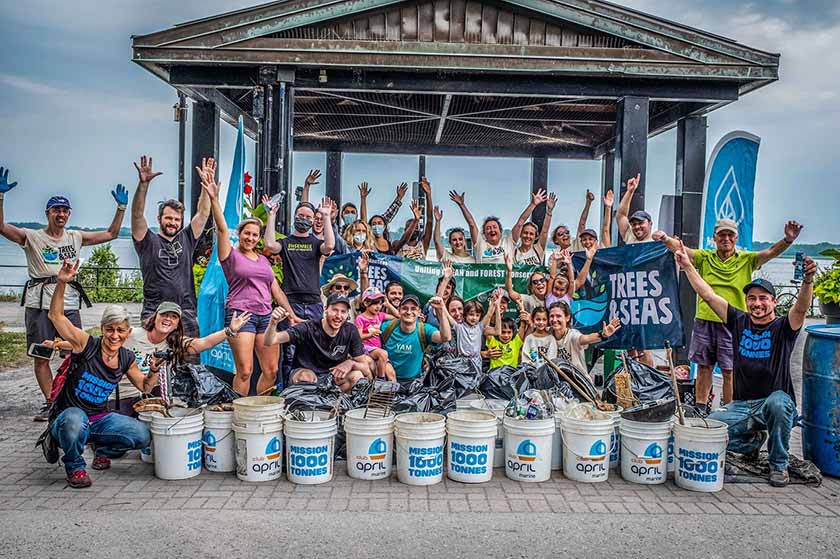 Beach clean-ups
Beach clean-ups
A total of 85 participants helped successfully carry out clean-ups across a variety of beaches: Lillo Beach, Aguantao Sector, Huelden Beach, and Fatima Beach, totalling 17,000 square meters of beach cleaned. Over 1,200kg of waste was collected during this time, despite difficult weather and changing tides.
Expert panels
The festival had three experts present at the Cecrea Castro centre to discuss various topics around environmental issues, including environmental education, the importance of empowering the youth, the need for healthy soil to combat climate change, and how to re-use existing waste and prevent it in the future.
Covid made many aspects of the festival even more difficult, especially for those wishing to attend in person. To combat this, Plastic Oceans live-streamed the talks, allowing people from all over the world to participate remotely.
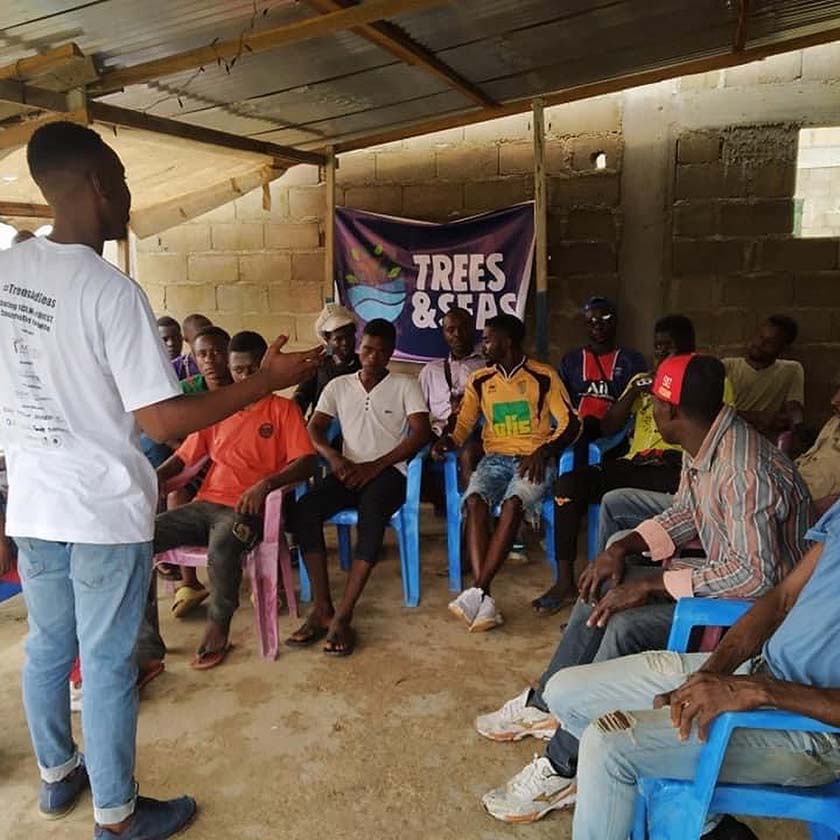
Educational workshops for the youth
Educating young people on the environment is crucial for protecting our planet. They are the leaders of the future after all.
Plastic Oceans held 3 workshops for students from La Estancia, Inés de Bazán, and Curahue Rural School in Chiloé. The intention of these workshops was to bring activities to schools and to children of different ages, where there are generally no activities due to lack of funding and resources.
Guided by the teachers, the workshops discussed the importance of our forests and oceans, and how they are interconnected. For the forests, Curahue school planted trees within their vicinity and own homes. For the oceans, Aguantao school were taught how to identify microplastics.
Event on event, Plastic Oceans prove how crucial intersectional environmentalism work is, and put into practice all the knowledge they possess and the mission they stand for. We are always proud to partner with them to continue saving our home.
